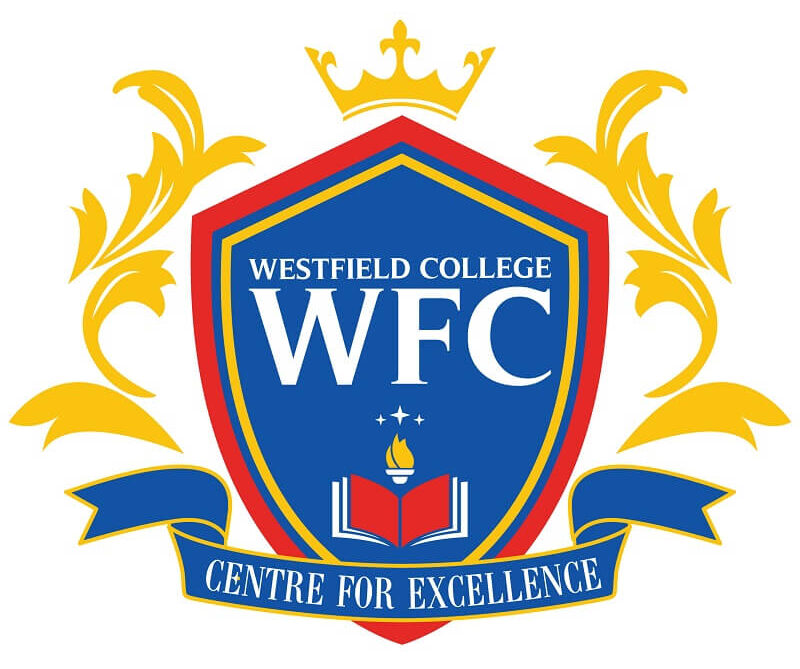Communication in Health and Social Care. Great Course. Very Easy to Understand
MA Working for Children and Young People (Youth Work Initial Qualifying)

MA Working for Children and Young People (Youth Work Initial Qualifying)
Overview:
The MA Working for Children and Young People (Youth Work Initial Qualifying) incorporating the Postgraduate Diploma Youth and community work (Initial Qualifying) course is professionally endorsed by Education Training Skills Wales (ETS) and will enable you to qualify as a professional Youth and Community worker in one academic year. If you wish to complete the full MA, you will need to study for 2 years. The course has been designed to reflect the changing statutory and voluntary social and education sector that embraces professionals working in Youth Work, community development, health, education, social care and youth justice. We have co-written our modules with those in practice to endure it stays current throughout its lifespan.
The course focusses on inter-professional practice, and how the needs of children, young people, families and communities can best be met in a rapidly changing policy, strategic and operational context.
Students will develop leadership skills, together with a greater understanding of the policy and practice context of this specific area of professional work, through both academic learning and practical placements.
Our professionally endorsed programme will enable you to find the best in children and young people, support them as individuals and to ultimately develop and thrive. Every young person deserves the chance to be the best version of themselves – this course teaches you how to do that.
Online application form
Information requested on this form should be completed in as much detail in order to process your application successfully. All fields marked * must be completed.
Apply Now
Entry Requirements
This innovative course is for graduates from a relevant academic background (2:2 or above) and profession, looking to gain both a JNC professional qualification in Youth Work and a postgraduate qualification.
Applicants should be able to evidence a minimum of 200 hours practice experience with young people aged 11 to 25 years old. Please submit a reference with your application to confirm this.
The course welcomes international applicants and requires an English level of IELTS 6.0 with a minimum of 5.5 in each component or equivalent.
In exceptional circumstances students who do not meet the academic entry requirements but can evidence extensive Youth and Community work may be considered. Such decisions are always made in consultation with ETS Wales.
Additional Requirements:
An Enhanced Disclosure and Barring Service (DBS) check on the Child & Adult Workforce and Child and Adult Barring Lists and subscription to the DBS Update Service. (Overseas equivalent required for non-uk applicants)
WHAT YOU WILL STUDY
The course has been co-written with employers from the field to ensure you are gaining the skills, knowledge and qualities that are essential to make you employable as a Youth and Community Worker. Lecturers are experienced and award-winning qualified youth workers who come from vast and varied young people focussed backgrounds. These include youth centres, working with children with disabilities, young carers, youth justice, education, outdoor learning, outreach and detached and many more bespoke projects. The learning will prepare you for a career working with children and young people in a range of settings, helping them to enhance their personal, social and educational development.
Year One
In year one you will study the modular content of the pathway. This is the taught element of the course and will involve attendance at lectures, seminars, tutorials alongside your professional practice placement and a variety of outdoor learning settings.
Applying Values, Principles and Policies in Youth and Community Work
Values, purpose, and professional identity of Youth Work, enabling students to understand and demonstrate ownership of their own professional identities through exploration of the theories, practices and principles that underpin Youth Work.
Professional Practice
To enable students to further develop and consolidate their Youth and Community Work skills, knowledge and competencies through engagement in constructive professional learning (300 hours) and related critical reflection.
Restorative Justice with children, young people and communities
To critique traditional, informal small society and community led cultural practices which respond to conflict and examine how these have influenced the movement and shape of restorative approaches across countries, disciplines and services.
Ethics, Reflection and Safeguarding
To provide students with the tools to think independently, sensitively and critically about the role that ethical values play, and how ethical challenges are negotiated, in work with children and young people.
Sport, Play and Outdoor Learning in Youth Work
For the student to examine the development of young people through the medium of sport, play and outdoor learning, with emphasis on targeted provision and outcome informed reflection.
Research methods, leadership and project management
For students to be equipped with the necessary skills, knowledge and understanding to plan research and to demonstrate vision, originality, reflective practice and reflexivity and leadership.
Year Two
Year two is focused on the completion of your choice of either a dissertation or a major project. This will be supervised by an academic with either an academic interest or professional background aligned with your chosen area of research.
The taught element of the course happens on one day a week. Alongside this, you will also undertake two professional placements, totalling 300 hours. If you are new to Youth Work, you will be supervised by a JNC qualified supervisor and you will undertake placements with young people aged 11-25 years old. If you are already Youth Work Qualified via an UG degree your placement can be in a wider range of service areas working with children, young people, families and communities. You may also be supervised by someone with a different professional background.
Major Project
To enable students to produce a logical, coherent, and defensible study which is critical and analytical, which evaluates the research process and findings and draws logical and thoughtful conclusions and recommendations for practice and /or for further research.
Dissertation
To enable students to produce a logical, coherent, and defensible study which is critical and analytical, which evaluates the research process and findings and draws logical and thoughtful conclusions and recommendations for practice and /or for further research.
Teaching
Relationships with employers, workforce representatives and community groups inform teaching of course content. We draw on a diverse range of Youth and Community Work practitioners who deliver elements of modules in a way that links practice experience to the theoretical understanding that students develop in their taught modules. This relationship with practitioners is crucial in enabling and facilitating the way students’ reflection on how theory links to practice and vice versa.
Assessment
“A variety of appropriate assessment activities makes for a richer student experience” (External Examiner, 2018). This course builds upon the creative and innovative assessments seen in the previous iteration with further embedding of employability skills and a more diverse and inclusive curriculum and assessment offer.
COURSE DETAILS
Accreditations
The MA Working for Children and Young People (Youth Work Initial Qualifying) incorporating the Postgraduate Diploma Youth and community work ( Initial Qualifying) is professionally endorsed by Education Training Skills Wales (ETS).
Placements
This module encompasses learning and teaching underpinning students’ practice experiences. It provides an opportunity for students to learn about and understand the theoretical concepts that make sense of their professional ‘face to face’ delivery of Youth and Community Work across settings. 300 hours of professional placement are the PRSB pre requisite for JNC qualifying students.
Facilities
This MA programme is taught in a wide variety of learning environments, classrooms, lecture theatres, outdoor learning classrooms, lakes, gorges and mountain environments.
If during a review process course content is significantly changed, we’ll write to inform you and talk you through the changes for the coming year. But whatever the outcome, we aim to equip our students with the skillset and the mindset to succeed whatever tomorrow may bring. Your future, future-proofed.
Additional Costs
As a student of USW, you’ll have access to lots of free resources to support your study and learning, such as textbooks, publications, online journals, laptops, and plenty of remote-access resources. Whilst in most cases these resources are more than sufficient in supporting you with completing your course, additional costs, both obligatory and optional, may be required or requested for the likes of travel, memberships, experience days, stationery, printing, or equipment.
CAREERS
Our Careers and Employability Service
As a USW student, you will have access to advice from the Careers and Employability Service throughout your studies and after you graduate.
This includes: one-to-one appointments from faculty based Career Advisers, in person, over the phone or even on Skype and through email via the “Ask a Question” service. We also have extensive online resources for help with considering your career options and presenting yourself well to employers. Resources include psychometric tests, career assessments, a CV builder, interview simulator and application help. Our employer database has over 2,000 registered employers targeting USW students, you can receive weekly email alerts for jobs.
Our Careers service has dedicated teams: A central work experience team to help you find relevant placements; an employability development team which includes an employability programme called Grad Edge; and an Enterprise team focused on new business ideas and entrepreneurship.
Fees
Full time
- 12 to 18 months
£7,250
You’ll study 9 modules in total (approx. 37 hrs/week).
Part time option one
- 12 to 18 months
£4,250
You’ll study 6 modules per year (approx. 25 hrs/week).
Part time option two
- 12 to 18 months
£5,500
Have a question about our professional qualifications?

Contact us about our professional qualifications
If you have any questions about our professional qualifications in finance and banking, please contact our customer services team.
Call us
- +44 (0) 203 771 5653
- admissions@westfieldcollege.co.uk
What Our Students Have To Say
Hi, I recently started Access to Higher Education Diploma (Nursing and Midwifery) course with Westfield College.
--Komal Kiran Galaria
DesignerMy experience with Westfield College is great. The supervisor and the admin team are proactive and efficient.

